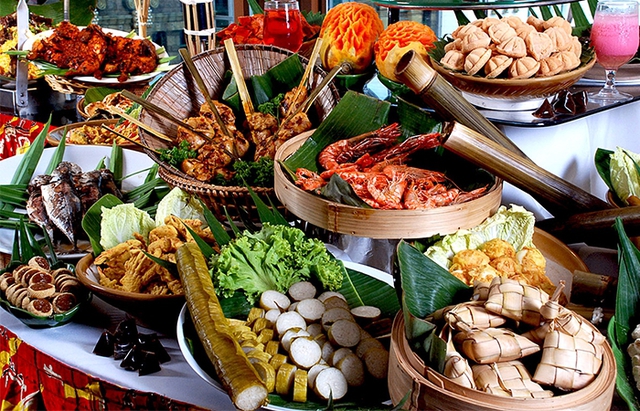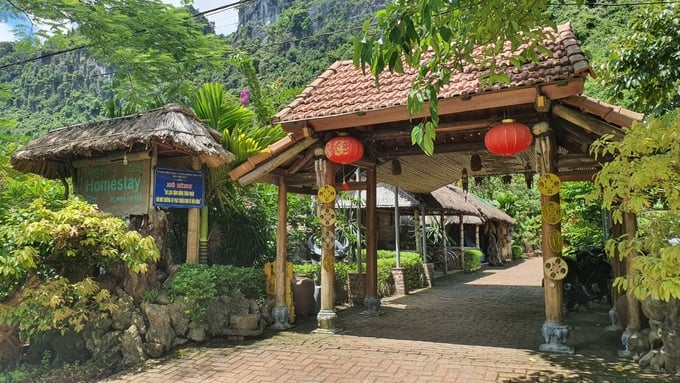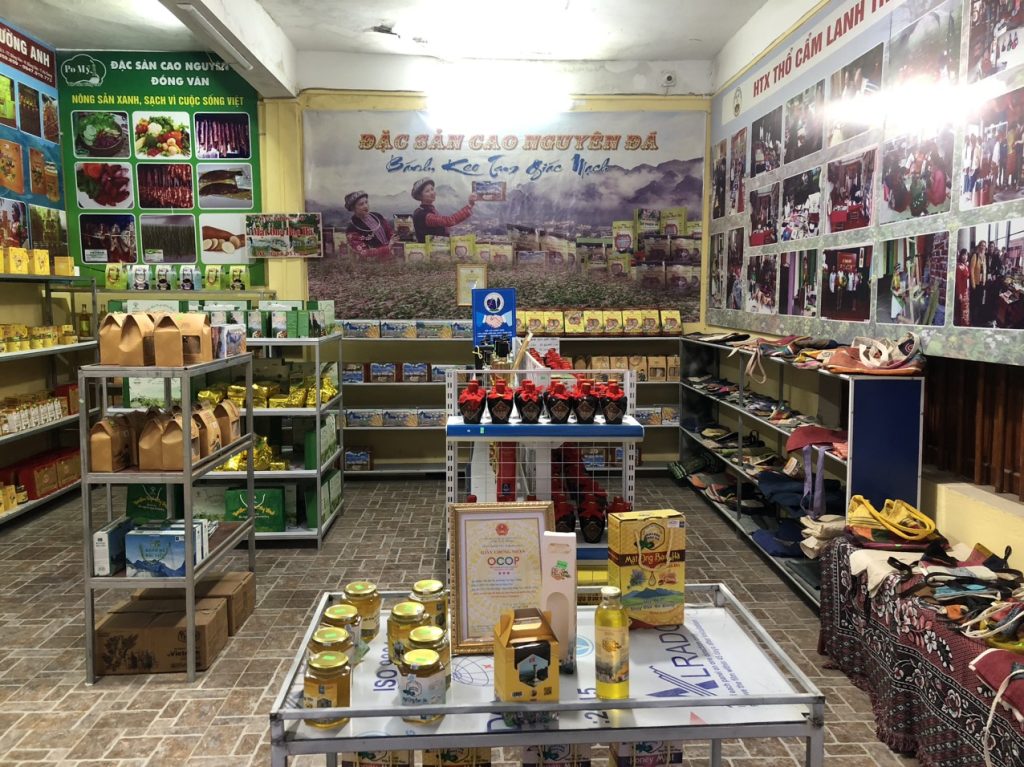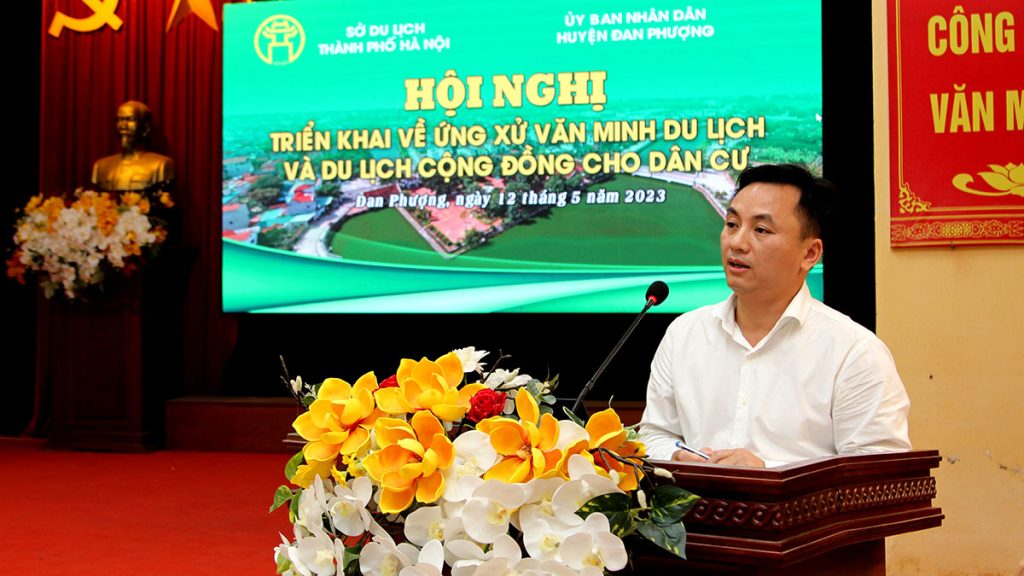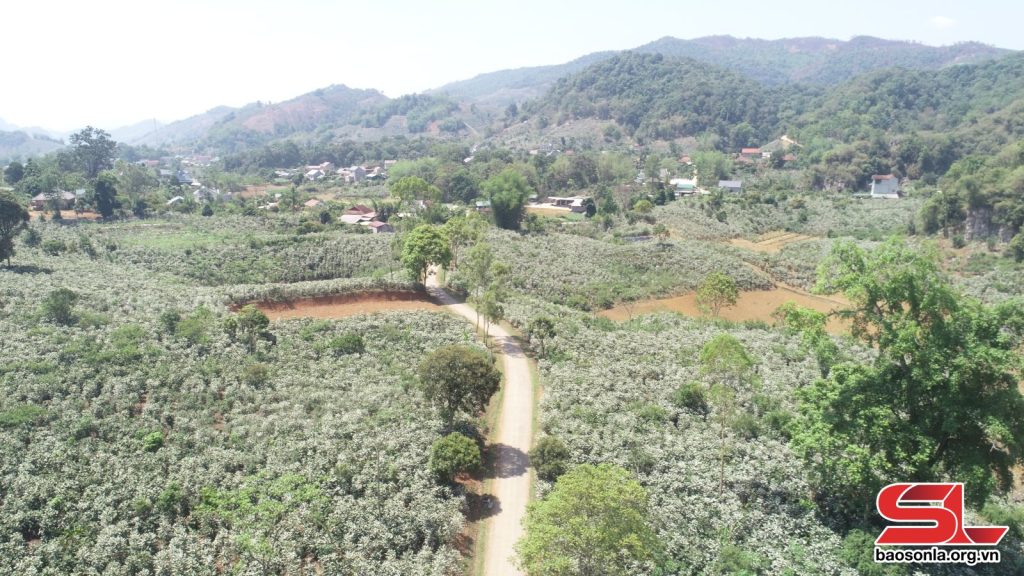(TITC) – In recent years, Dong Thap has emerged as a leading destination for agricultural tourism. Among its most notable initiatives is the experiential tourism model in the buffer zone of Tram Chim National Park, which harmoniously blends traditional agriculture, nature conservation, and community awareness.
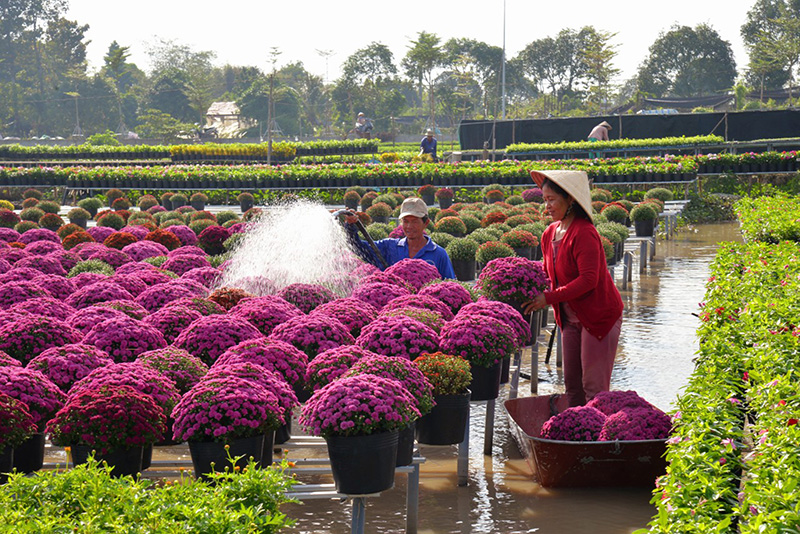
Experiencing the Harvest in Tram Chim
During the recent winter–spring rice crop, the fields surrounding Tram Chim National Park were unusually lively. Visitors, armed with sickles and baskets, immersed themselves in age-old agricultural activities such as hand-harvesting rice, manual threshing, fishing, and duck herding.
These activities are not mere reenactments but part of the program “Experience a Day as a Farmer in the Harvest Season,” organized by Wildtour Company (Ho Chi Minh City) in collaboration with Quyet Tien Ecological Agriculture Cooperative.
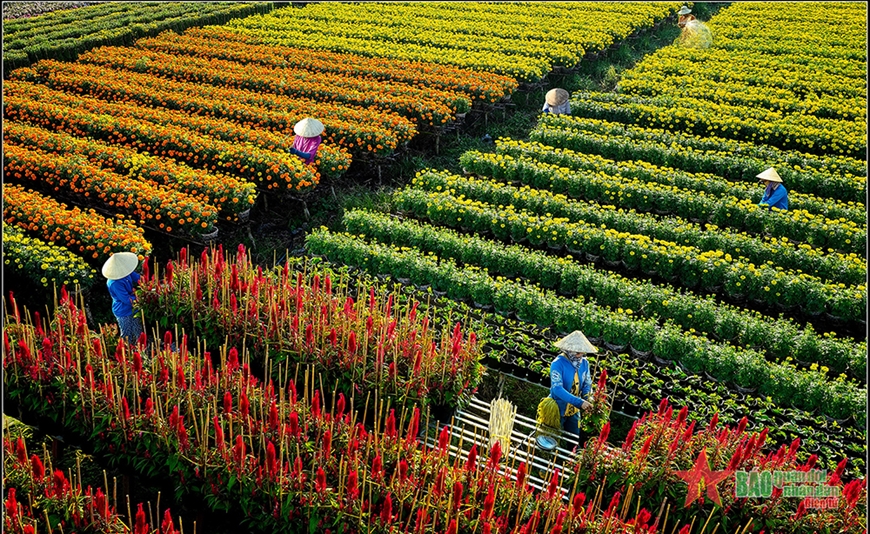
The model brings visitors closer to nature, deepens their understanding of the hardships of farming, and promotes ecological agriculture and environmental protection. Notably, the ecological rice production here is closely tied to the conservation project for the red-crowned crane – a rare, protected species at Tram Chim.
Expanding Agricultural Tourism Across Dong Thap
Beyond Tam Nong, the agricultural tourism model has been replicated in many areas of the province. Sa Dec City – known as the “Capital of Ornamental Flowers in the Mekong Delta” – is home to more than 20 agricultural and community-based tourism sites. A prime example is Mien Tay Lodge, where visitors can plant trees and take photos in a vibrant flower garden.
Other distinctive models include: Senta Farm (Phu Duc Commune, Tam Nong), The Mango Trail (My Xuong, Cao Lanh), Sa Dec ornamental flower village with its “A Day as a Bonsai Artist” experience, Duyen Nhut Flower Paradise, Lai Vung Pink Grapefruit Gardens
By diversifying tourism offerings and integrating them with local agricultural products, these models not only enhance production value but also help shift farmers’ mindsets from purely agricultural production to agricultural tourism.
Towards Sustainable Agricultural Tourism
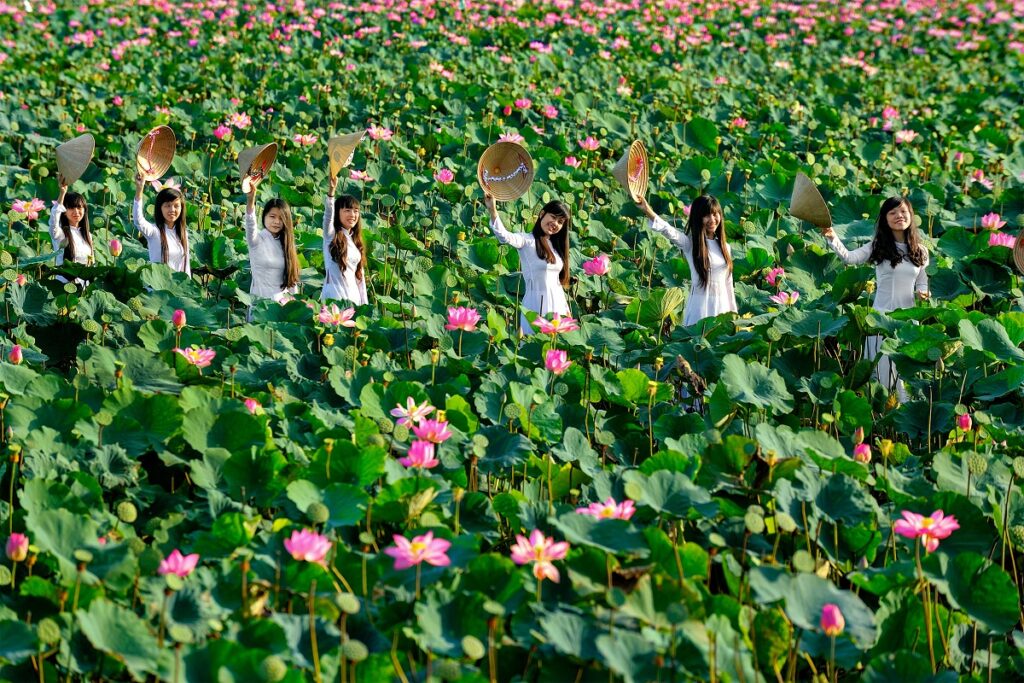
Dong Thap currently has 72 agricultural and rural tourism destinations, 15 of which are considered exemplary, attracting both domestic and international visitors. However, the province acknowledges existing challenges – fragmented development, weak linkages, seasonal dependency, and limited product variety.
To address these issues, the province is implementing comprehensive measures. According to Ms. Le Thi Mai Trinh, Deputy Director of the Department of Culture, Sports and Tourism, the priority is the Provincial Tourism Development Project 2025–2030, with a focus on developing distinctive agricultural tourism products tailored to each locality.
The plan also calls for:
- Strengthening industry and regional cooperation
- Collaborating with research institutes, universities, and experts to develop high-quality tourism products
- Upgrading transport infrastructure
- Applying science and technology, especially in crossbreeding new flower and tree varieties to match tourist preferences
The Tram Chim agricultural tourism model in Tam Nong is a prime example of how education, conservation, and community development can work together. It not only increases the value of agricultural products and creates sustainable livelihoods but also fosters environmental stewardship and preserves the cultural identity of the Mekong Delta. This is a promising direction that should be expanded, refined, and professionalized in the years to come.
Tourism Information Technology Center

